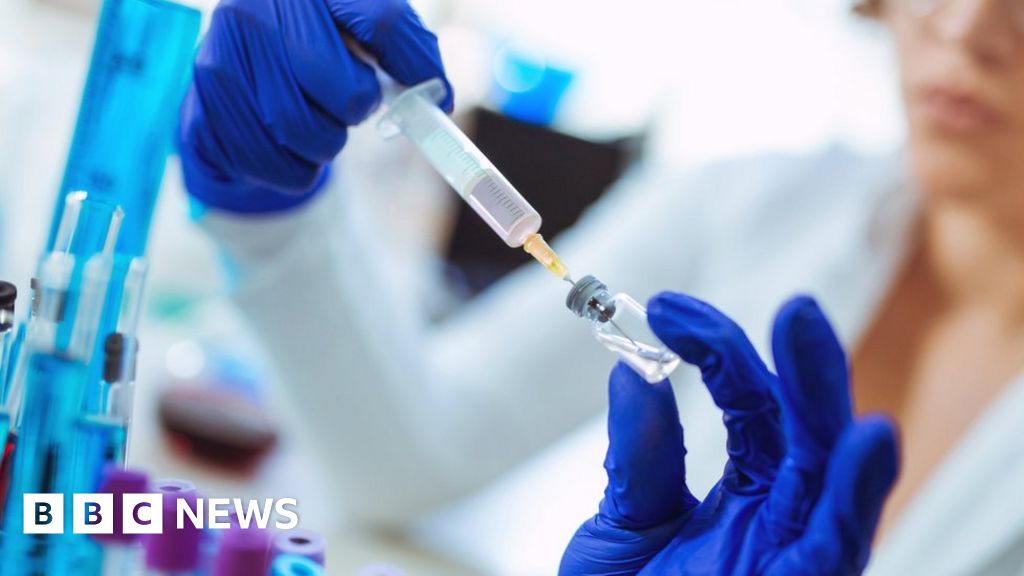The UK had one of the fastest rollouts of Covid vaccines globally.
As well as reducing the risk of catching the virus, the vaccines also reduce the risk of an infected individual spreading the virus.
The vaccines, though, have had a lot to cope with - in particular new variants.
The vaccines being used were based on the original Wuhan strain of the virus.
The effect of the vaccines also wanes over time, particularly in terms of preventing infection.
But despite all this, the evidence gathered in the UK in the autumn showed both the main vaccines in use remained very effective at preventing hospital admissions.
They estimate vaccines saved 157,000 lives in England alone, and more than 470,000 across the 33 countries in Europe which were studied.
Researchers called the Covid vaccines a "marvel of modern science".
But the vaccines are now facing perhaps their biggest challenge yet - Omicron.
While the UK and much of Europe has been largely reliant on three vaccines, there are actually 17 recorded in use across the globe.
The Russian-made Sputnick V and China's Sinopharm have both been used heavily, particularly in South America.
Some countries, including Iran with its COVIran Barekat and Kazakhstan with QazVac, have produced home-grown vaccines that have only been used on their own populations.
But while vaccines have come to the aid of Europe and some other wealthy nations, the same cannot be said for the developing world.
The more virus that is circulating, the higher the risk of new variants?
